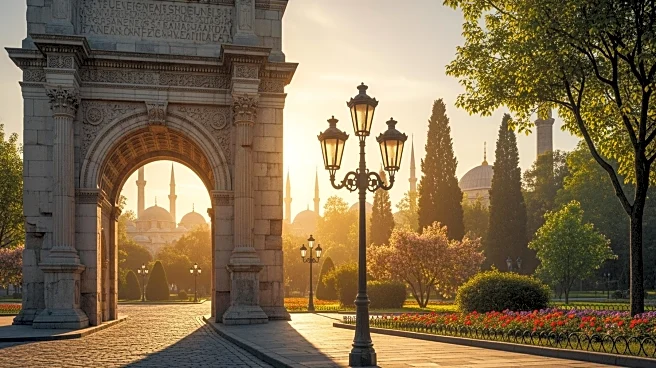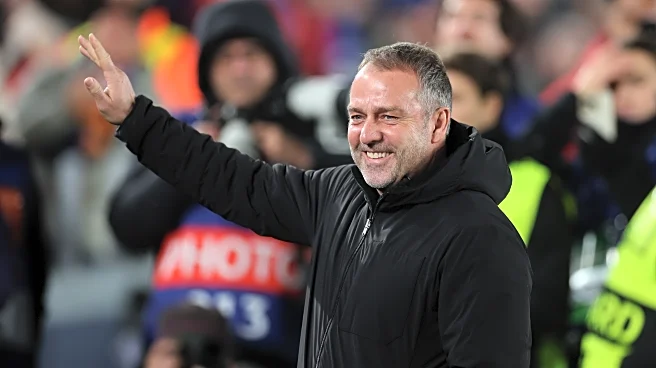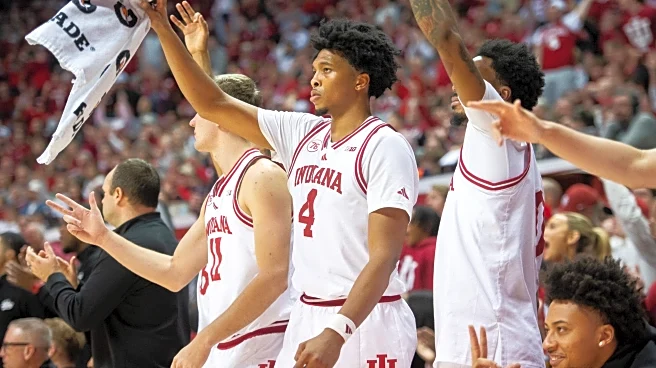Rapid Read • 8 min read
Vienna has been selected to host the 2026 Eurovision Song Contest after Austria's representative, J.J., won the 2025 contest in Basel with the song 'Wasted Love'. The song, which uniquely blends pop and opera, secured Austria's victory, granting them the opportunity to host the next event. The contest saw Israel's Yuval Raphael finishing in second place, highlighting the competitive nature of the event. Eurovision, known for its diverse musical acts and international participation, continues to be a significant cultural event in Europe, drawing attention from across the globe.
AD
Hosting the Eurovision Song Contest is a prestigious opportunity for Vienna, promising economic benefits and increased international visibility. The event is expected to attract thousands of visitors, boosting tourism and local businesses. Additionally, it provides a platform for cultural exchange and showcases Austria's musical talent on a global stage. The contest's popularity can enhance Vienna's reputation as a cultural hub, potentially influencing future international events and collaborations. The victory also underscores Austria's growing influence in the European music scene.
Preparations for the 2026 Eurovision Song Contest in Vienna will likely begin soon, involving logistical planning and coordination with international participants. The city will need to ensure adequate infrastructure and security measures to accommodate the influx of visitors and media attention. Stakeholders, including local government and businesses, will collaborate to maximize the event's success and capitalize on the economic opportunities it presents. The contest will also provide a platform for emerging artists to gain international recognition, fostering cultural and artistic growth.
The selection of Vienna as the host city for Eurovision 2026 may have broader implications for Austria's cultural diplomacy. It presents an opportunity to strengthen international relations through cultural exchange and promote Austria's image as a welcoming and vibrant nation. The event could also inspire local artists and musicians, encouraging innovation and collaboration within the Austrian music industry. Furthermore, it highlights the role of music as a unifying force, capable of transcending political and cultural boundaries.
AD
More Stories You Might Enjoy












